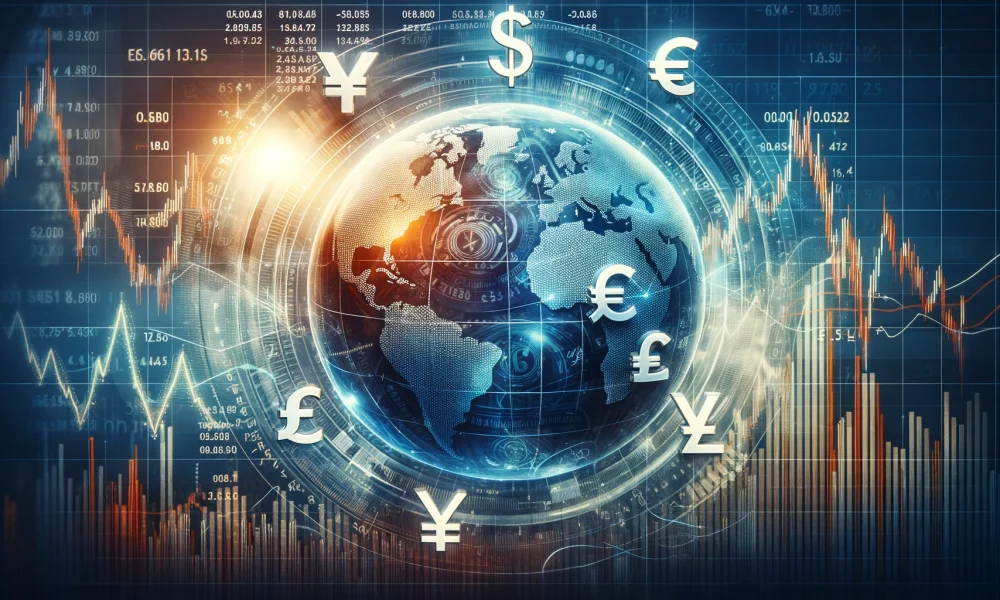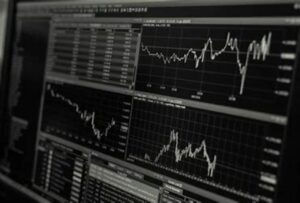
What news affects the forex market the most?
The foreign exchange (forex) market, being one of the most dynamic and liquid financial markets globally, is highly sensitive to a range of news and economic indicators. Several types of news have the potential to influence forex market movements significantly. Understanding these factors can help traders and investors navigate the complexities of forex trading.
Economic Data Releases
Economic data releases are among the most impactful news for the forex market. Key indicators include:
- Gross Domestic Product (GDP): This measures the total economic output of a country. Strong GDP growth generally supports the currency as it indicates a healthy economy, while a decline can weaken it.
- Employment Data: Reports like the Non-Farm Payrolls (NFP) in the United States provide insights into job creation and unemployment rates. High employment figures typically boost currency strength as they reflect a robust economic environment.
- Inflation Rates: Inflation indicators, such as the Consumer Price Index (CPI), are crucial. High inflation can lead to interest rate hikes by central banks, potentially strengthening the currency. Conversely, low inflation might lead to weaker currency if it triggers lower interest rates.
Central Bank Policies
Central banks play a pivotal role in forex markets through their monetary policies. Decisions related to interest rates, quantitative easing, and other policy tools can have substantial effects:
- Interest Rate Decisions: When a central bank raises interest rates, it often leads to an appreciation of the currency because higher rates offer better returns on investments denominated in that currency. Conversely, lower rates can weaken the currency.
- Monetary Policy Statements: Central banks provide forward guidance on their policy outlook, which can influence market expectations and currency values. Hawkish statements (indicating a focus on curbing inflation) typically strengthen the currency, while dovish statements (indicating a focus on stimulating growth) can weaken it.
Political Events and Geopolitical Risks

Political stability and geopolitical developments can cause significant volatility in forex markets:
- Elections and Political Uncertainty: Elections, especially in major economies, can lead to currency fluctuations. The market reacts to the potential economic policies of the incoming government. Political uncertainty or instability often leads to currency depreciation due to perceived risk.
- Geopolitical Tensions: Conflicts, trade wars, and other geopolitical risks can create market uncertainty and impact currency values. For example, tensions between major economies or regional conflicts can lead to a flight to safety, causing currencies perceived as safe havens (like the Swiss franc or Japanese yen) to appreciate.
Trade and Economic Policies
Trade relations and economic policies also play a critical role:
- Trade Balances: A country’s trade balance (exports versus imports) affects its currency value. A trade surplus typically supports a stronger currency, while a trade deficit can weaken it.
- Tariffs and Trade Agreements: Changes in trade policies, such as the imposition of tariffs or the signing of new trade agreements, can affect currencies by altering trade flows and economic relationships between countries.
Global Market Sentiment
Overall market sentiment and risk appetite can influence currency movements:
- Risk Sentiment: In times of global financial stability, risk appetite tends to be higher, leading investors to seek higher returns in riskier assets, which can weaken safe-haven currencies. During times of uncertainty or crisis, investors flock to safe-haven currencies, driving their value up.
- Economic and Financial Crises: Events like financial crises or severe economic downturns lead to heightened market volatility and can have a profound impact on currency values.
Conclusion
The forex market is influenced by a myriad of news and economic indicators, each with its own impact on currency values. Traders and investors must stay informed about economic data releases, central bank policies, political events, trade policies, and global market sentiment to make informed decisions. Understanding the interplay between these factors can enhance trading strategies and help manage risks effectively in the forex market.


